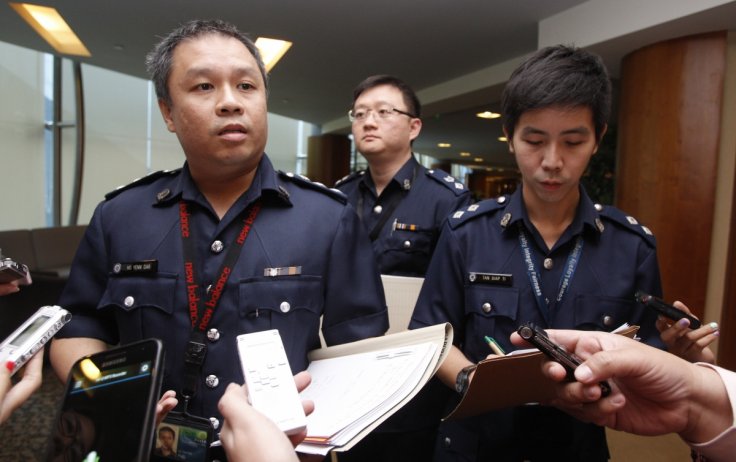
Singapore passed a law on Wednesday that allows the police to block all electronic communications in the vicinity of terror attacks if they believe the incident is "serious". The latest move can block people from recording or sending information such as text, audio, photos or videos from places that are near those attack sites.
Josephine Teo, the second minister for home affairs, said that the curb would be lifted when security operations are over at the scene of the incident. "Reporting is still allowed, just not live reporting," Teo told AFP. "We will allow selected media into the area for later coverage."
According to the rights groups, the latest law will curb media freedom. In February, the bill was introduced in Parliament and soon after that the Committee to Protect Journalists had said the legislation could "black out the news precisely when the public needs to be accurately informed".
Meanwhile, the civil society groups said that the law has defined "serious incident" very vaguely. They added that the authorities could use this to target peaceful protests.
Out of 180 countries, Singapore is ranked 151 in the World Press Freedom Index.









